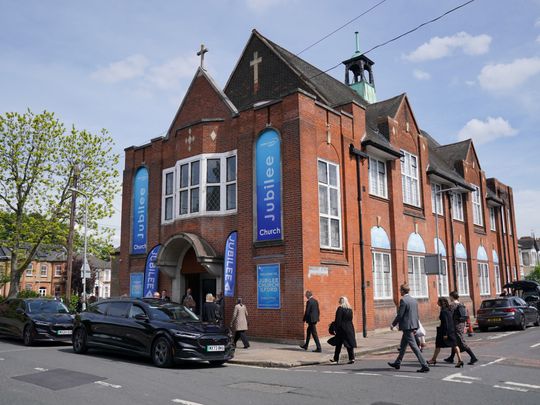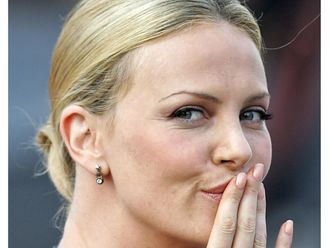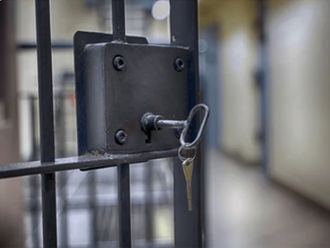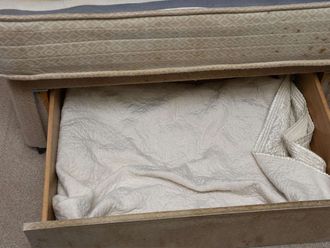
LONDON: A majority of people in Scotland now say they have no religion, according to details of the latest census published on Tuesday, in a first for any UK nation.
The National Records of Scotland said more than half (51.1 per cent) of respondents in the 2022 census stated they had “no religion” - a jump from 36.7 per cent in 2011.
In England and Wales, “no religion” was the second-most common response, increasing from one in four (25.2 per cent) in the 2011 census to just over a third (37.2 per cent) in 2021.
Northern Ireland saw a smaller increase in the response, from 10.1 per cent in 2011 to 17.4 per cent 10 years later.
Data collection for the 2021 UK census was delayed for a year in Scotland because of Covid restrictions in place at the time.
The latest figures reflect increasing secularisation among once-dominant Christian denominations in both Scotland and the wider UK, and declining church attendances.
In Scotland, one in five (20.4 per cent) considered themselves part of the Protestant Church of Scotland, down from just under a third a decade earlier.
Roman Catholics saw their numbers ebb from 15.9 per cent to 13.3 per cent, with a similar fall in “other Christian” categories.
In contrast, those who consider themselves Muslim increased from 1.45 per cent to 2.2 per cent over 10 years.
The last UK census was the first time that less than half of the population of England and Wales described themselves as “Christian”.
“Christian” was still the most common response but fell from 59.3 per cent to 46.2 per cent over a decade - the equivalent of 33.3 million to 27.5 million people.
In the same period, respondents answering “Muslim” increased from 4.9 per cent to 6.5 per cent or 2.7 million to 3.9 million, according to the Office for National Statistics.
The number of Catholics living in Northern Ireland in 2021 exceeded the total of Protestants and other Christian denominations for the first time.
The British-run province was created in 1921 as a Protestant-majority enclave.










